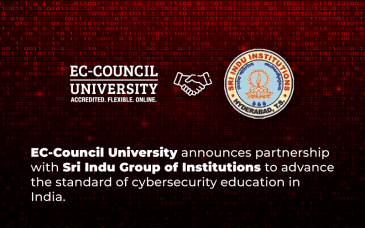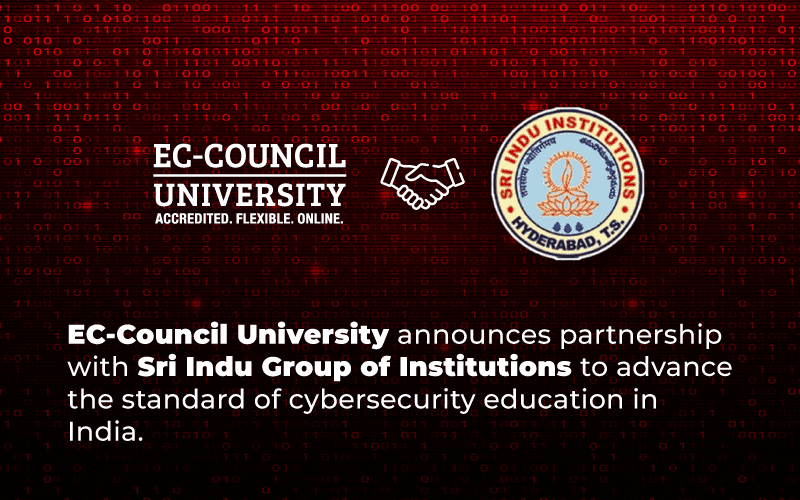Are you considering a career in cybersecurity? With high median earnings, career possibilities across a range of industries, and a demanding, fast-paced work environment, cybersecurity is a highly sought-after, rapidly expanding area that needs competent individuals.
If the idea of safeguarding organizations’ digital assets and intelligence from security breaches excites you, but you’re wondering if you’re qualified for the position, it’s crucial to learn more about cybersecurity roles and the skills required in cybersecurity careers.
A comprehensive range of technical, professional, and functional skills is necessary for those looking to enter this sector of work. Moreover, you’ll need to possess the crucial soft skills employers value to stand out. To help you understand what it takes to be a professional in the cybersecurity area, we’ve compiled a list of the top cybersecurity skills.
- Application security development: Organizations want DevSecOps specialists who can collaborate closely with the engineering teams responsible for software development. Communication skills are vital here because engineering teams are frequently focused on getting a product out the door or on the product’s usefulness rather than its security. Besides, those who are passionate about this subject must be adaptable because business units routinely oversee the development of applications that are not directly within the security team’s control. Similarly, security specialists are typically preoccupied with keeping the bad guys out rather than incorporating security into products from the start. You must change your security approach and philosophy in order to improve your application security development skills.
Tip for all: EC Council University offers a Graduate Certificate in Information Security Professional, which can help you hone this amazing skill.
- Mobile-remote computing: Some people believe this top cybersecurity skill should be ranked more highly. Security teams undoubtedly spent most of their time setting up VPNs or overseeing Remote Desktop Protocol servers during the COVID-19 work-from-home period in 2020, so employees could access business apps from home, despite businesses are still mostly supportive of hybrid work arrangements. Due to the success of the work-from-home model in many businesses, security teams still require professionals knowledgeable in managing VPNs and RDP servers and helping users segment their home networks for enhanced security.
- Threat intelligence analysis: Although many threat intelligence technologies are many threat intelligence technologies available, it is difficult to find experts that can utilize them correctly, contextualize, and assess security threat patterns. People with this cybersecurity skill are typically hard to come across for organizations, and training them can be much more challenging. Strong analytical abilities, creativity, and tolerance for high-stakes pressure are requirements for the profession. Digital forensics analysis is a skill possessed by professionals in threat intelligence. They frequently possess some programming knowledge, particularly in Python. Those in security who are interested in this field can get experience by joining incident response teams, where many of these skills are also necessary. Also, there is a rising need in this domain for experts who are acquainted with the vulnerabilities of machine learning and AI configurations.
Tip for all: EC Council University offers a Graduate Certificate in Digital Forensics, which can help you chisel this amazing skill for you.
- Penetration testing/red teaming: Pen testing and red teaming professionals are aggressive security types who can infiltrate organizations and explain what is wrong and how to repair it. Identifying skilled professionals for this job is challenging for organizations since it requires years of training and expertise to perform it quickly and effectively. The finest pen testers have unwavering confidence in their abilities. It demands a lot of bravado and self-assurance, but it also calls for knowledge acquired through training, in workshops, and on the job. Also, there is a greater demand for blue teamers or defenders.
Tip for all: EC Council University offers a Graduate Certificate in Security Analyst, which can help you chisel this amazing skill for you.
- Network security: Everyone in the security industry must be proficient in network security. Some of the top security professionals come from a network security background, precisely comprehending how networks operate as the foundation of security. You can’t defend networks if you don’t know how routers operate, what the firewall logs indicate, or how intrusion detection and prevention work from scratch. Many people believe that the greatest career path for security experts is to start in computer support, serve as a network administrator, and gradually acquire security expertise.
Tip for all: EC Council University offers a Graduate Certificate in Information Security Professional, which can help you chisel this amazing skill for you.
- Identity and access management: More than 80% of breaches result from weak, repeated, or hacked passwords. Obviously, communication skills are essential. Businesses require security experts who can train employees on the vulnerabilities and show them how to utilize password-less solutions like Google Authenticator, Authy, or face IDs, fingerprints, and retina scans instead of passwords in their day-to-day work activities. For the organization to remain cautious against intruders, organizations also want professionals who can handle identity and access control systems as well as network privileges. Levels of access to certain data sets must be established, and credentials must be configured as per employee roles and responsibilities.
Tip for all: EC Council University offers a Graduate Certificate in Information Security Professional, which can help you chisel this amazing skill for you.
- Risk and compliance auditing: The skills required for the Cybersecurity domain are partly determined by the industry or segment of the organization in which you work. While nearly every type of organization must deal with compliance for sensitive medical data, e-commerce companies need professionals who are familiar with standards. O organizations also require personnel who are knowledgeable about the various data privacy laws. Businesses require personnel who can evaluate the risks of noncompliance, comprehend the documentation that must be filed, and the security measures that must be implemented to adhere to the law.
With the rising popularity of this subject, prospective students may choose from a growing variety of cybersecurity degree programs. Aim for a university that is accredited and offers a reputable cybersecurity course.
Final Tip: EC Council University offers a Master of Science in Computer Science, which can help you get all the required expertise to get started in this domain.
FAQs:
Ans. For a career in cybersecurity, you will need technical knowledge of computer networks, operating systems, and programming languages, as well as familiarity with cybersecurity tools. You will also need analytical skills, attention to detail, and an ethical mindset. Communication skills are crucial for explaining complex technical information to non-technical stakeholders and collaborating with colleagues. Continuous learning is essential for staying current with the evolving field, and teamwork is important for working effectively with others.
Ans. The five essential skills for success in cybersecurity are technical proficiency, analytical thinking, attention to detail, communication skills, and continuous learning.
Ans. The 10 most in-demand cybersecurity jobs were:
- Cybersecurity Analyst
- Software Developer
- Penetration & Vulnerability Tester
- Cybersecurity Consultant
- Network Engineer
- Cybersecurity Manager
- Systems Engineer
- Senior Software Developer
- Systems Administrator
(Source: CyberSeek)
These positions may vary depending on the industry and company, but in general, these roles require knowledge and skills in areas such as network security, information security, risk management, cryptography, and vulnerability management. It’s worth noting that the field of cybersecurity is constantly evolving, and new roles keep on emerging in the future as technology advances and new threats arise.
Ans. There are several key traits that are essential for cybersecurity professionals, but I will mention three of the most important ones:
- Strong analytical skills: Cybersecurity professionals must have excellent analytical skills to be able to identify and analyze threats, vulnerabilities, and security incidents. They need to be able to evaluate complex systems and data to identify potential risks and develop effective solutions to address them.
- Continuous learning: Cybersecurity is a fast-evolving field, and professionals must be willing to constantly learn and stay up-to-date with the latest technologies, tools, and techniques to defend against new threats. They should be curious and have a passion for continuous learning to stay ahead of cybercriminals.
- Strong ethics and integrity: Cybersecurity professionals must have a high level of ethics and integrity. They will often have access to sensitive data and systems and must be able to handle it with discretion and confidentiality. They must be committed to doing the right thing even if it means reporting their own team members or organization if they engage in unethical or illegal activities that could compromise security.












